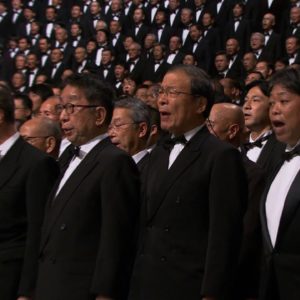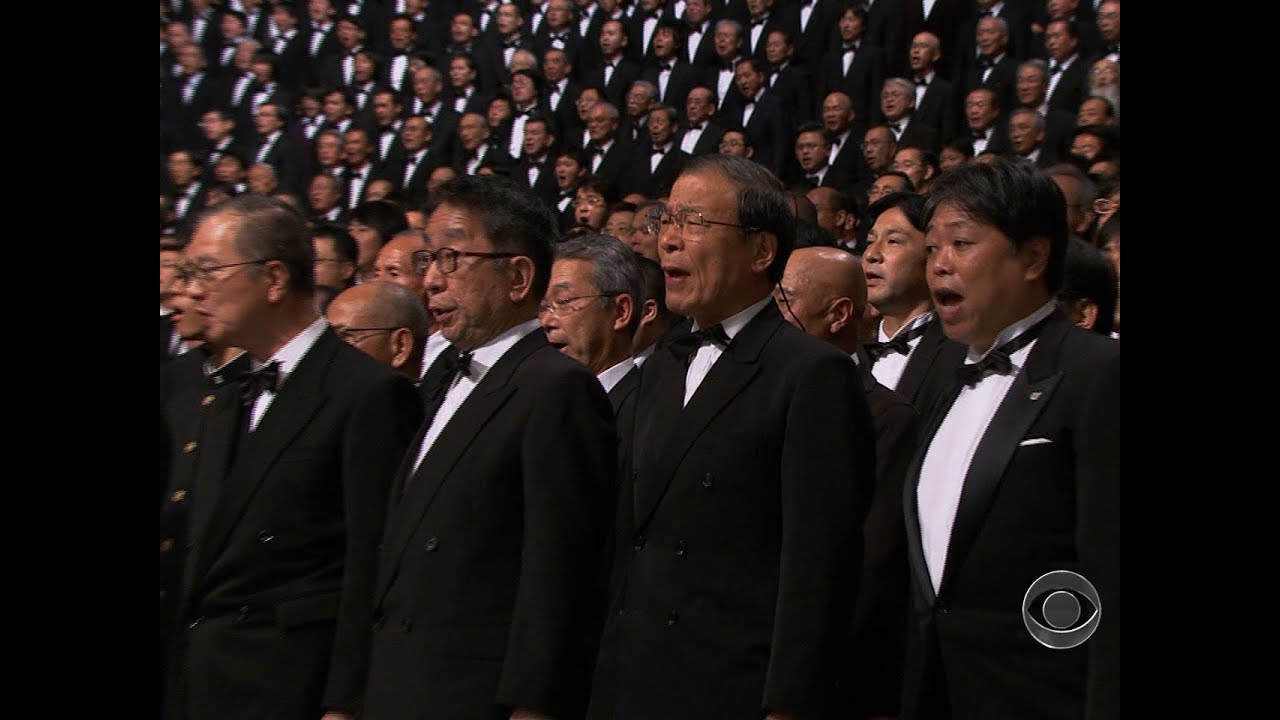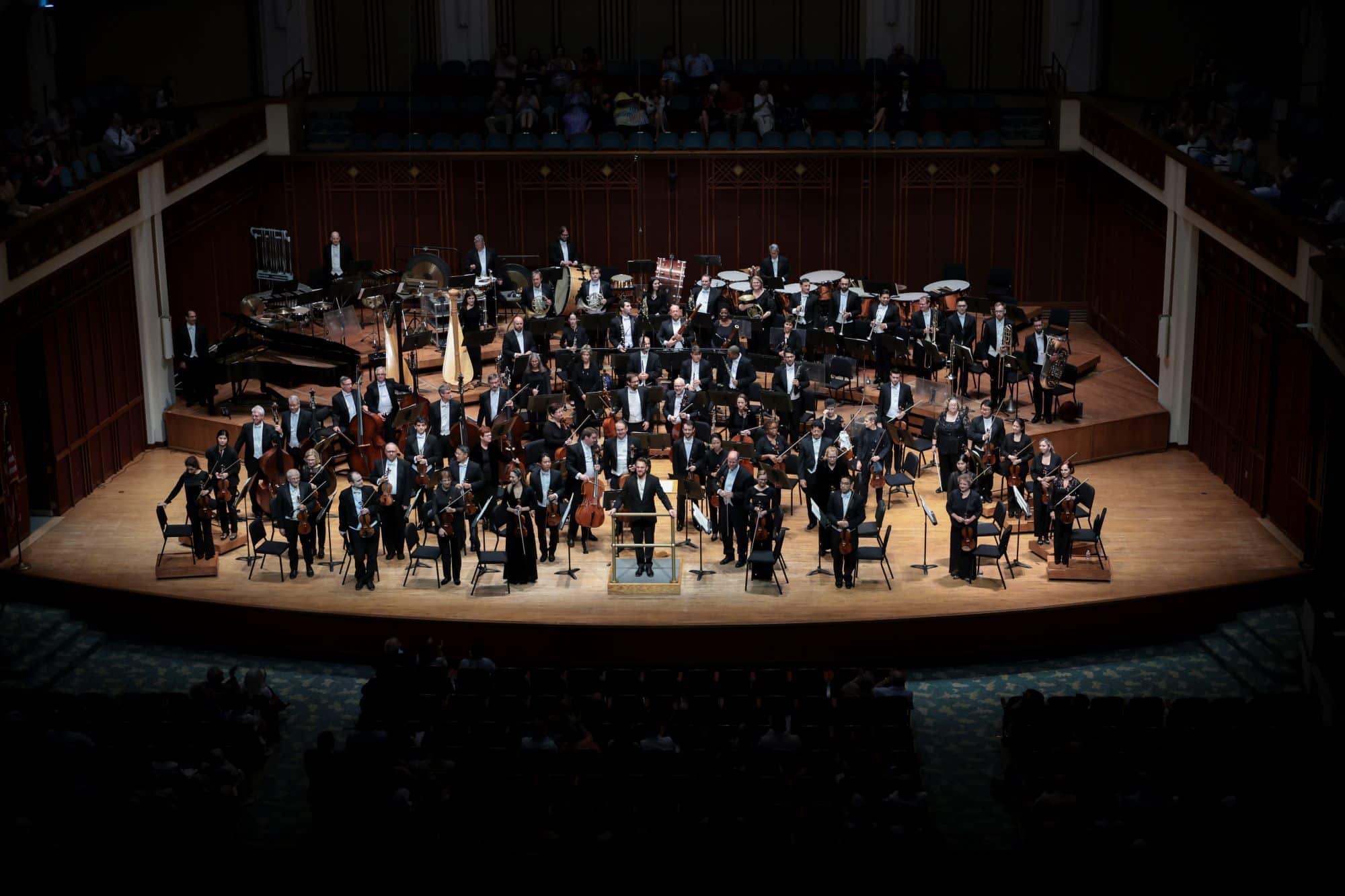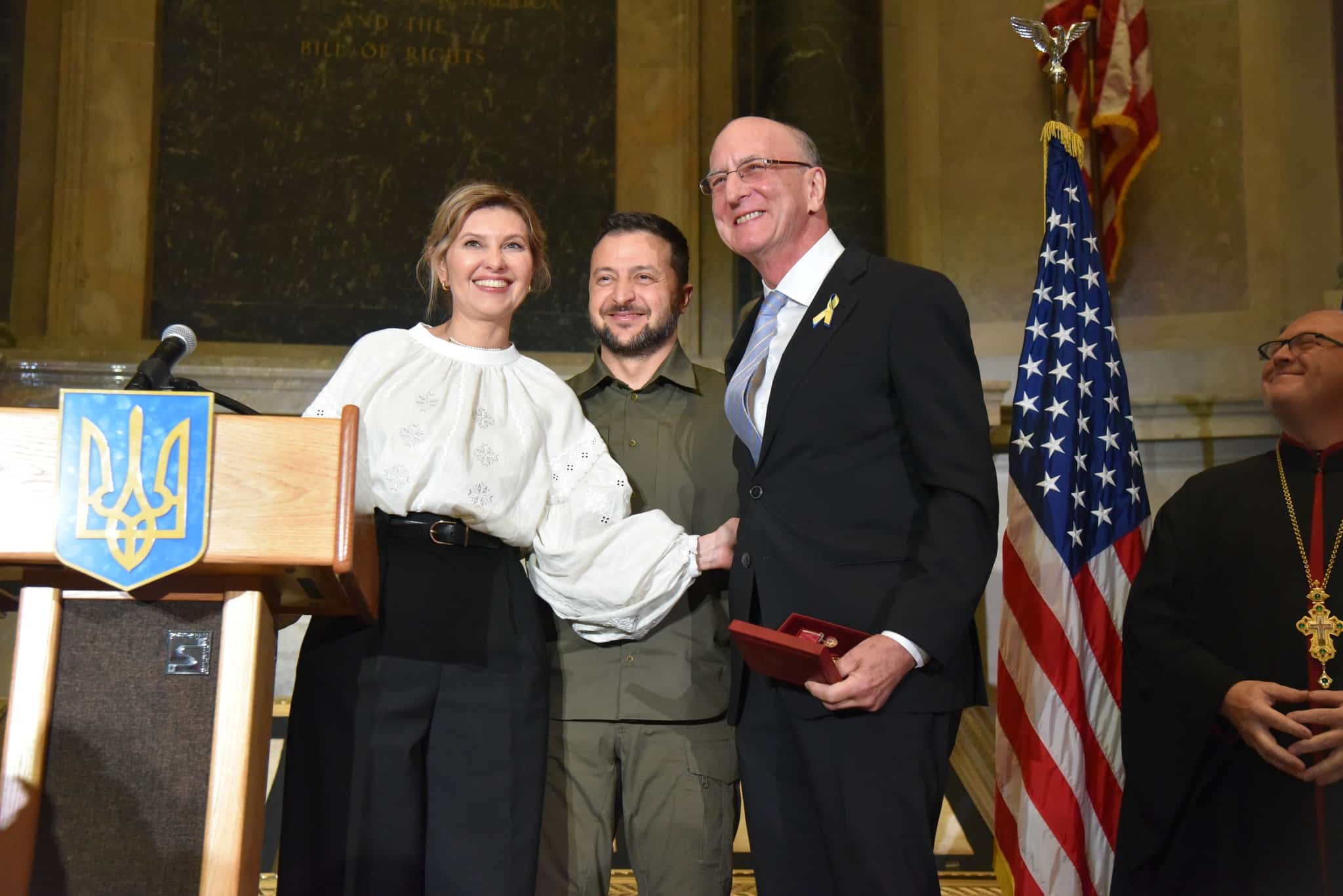Japan’s top orchestra has no works next season by Asian composers
NewsAmid the New York Times’s current hysteria over alleged neglect of Asian musicians in the United States, one of our readers has checked out the coming season of the NHK Symphony Orchestra in Tokyo.
Not a single work by a composer from continental Asia.
None by American composers, either.
Now that’s discrimination.







Comments